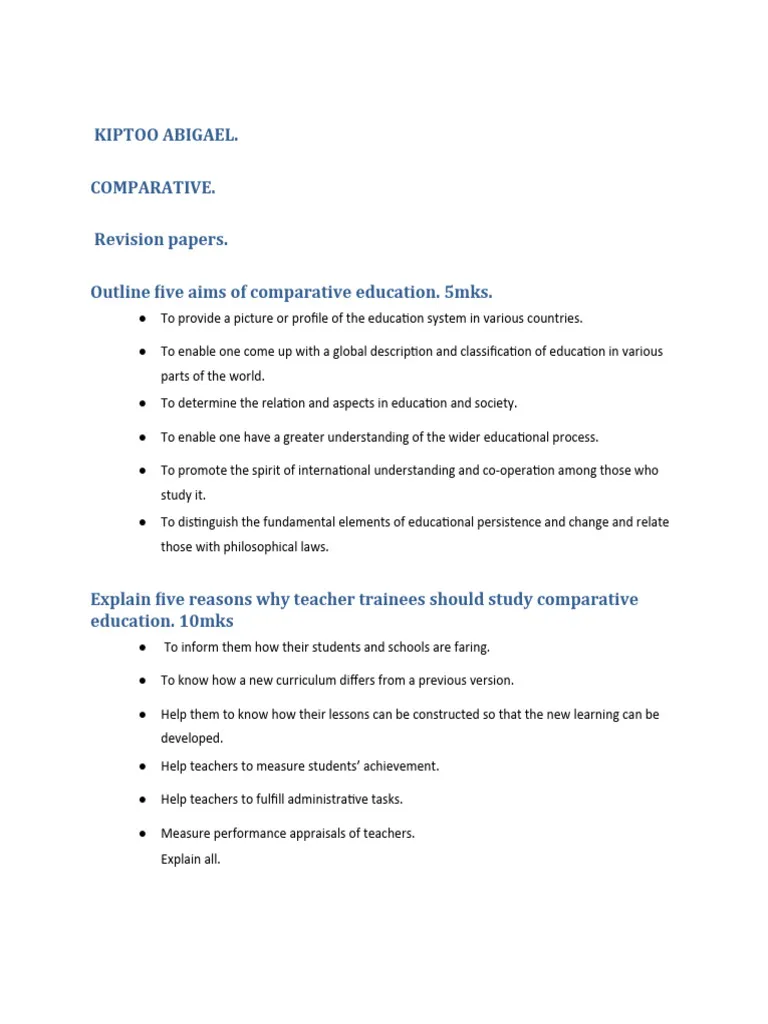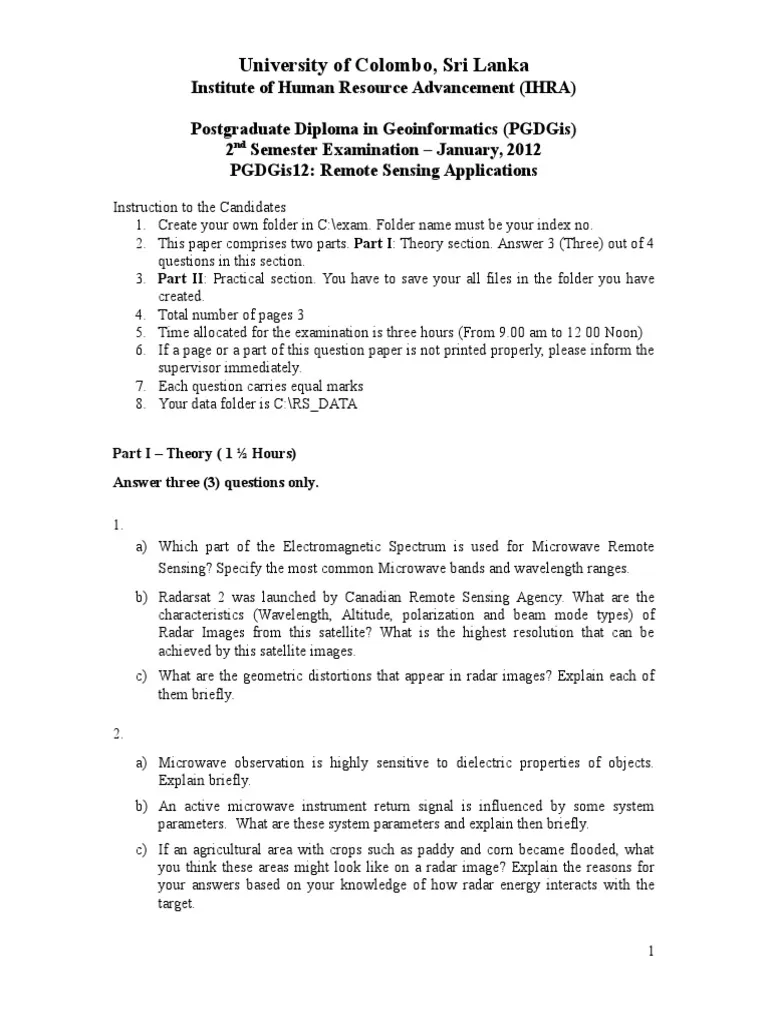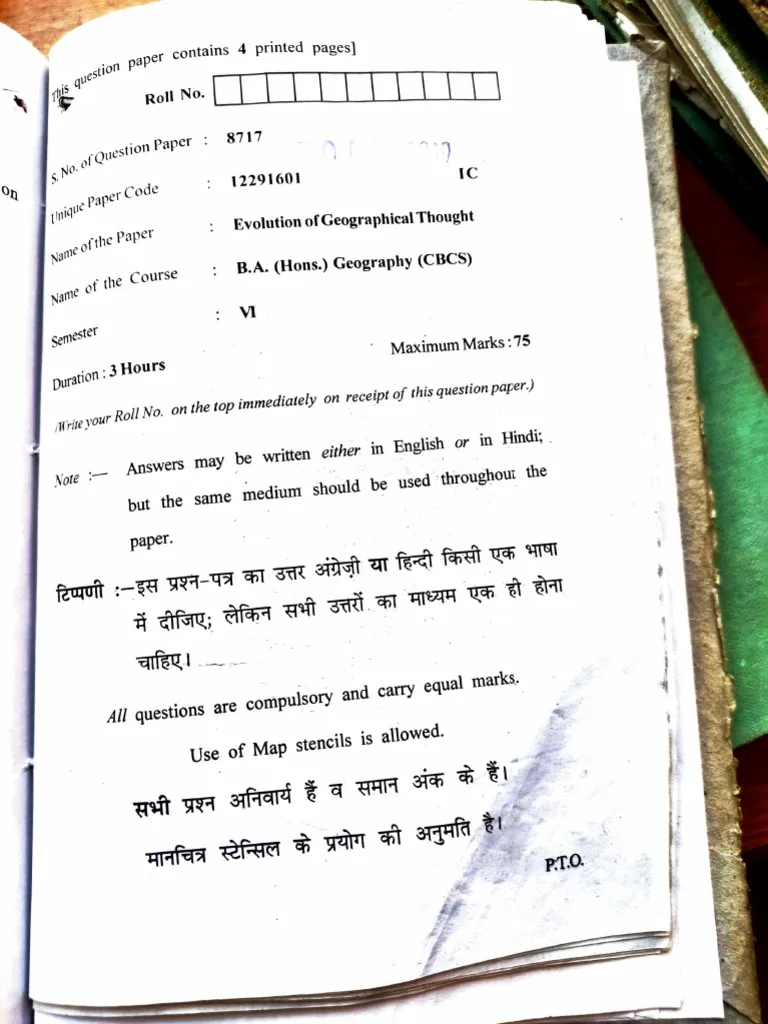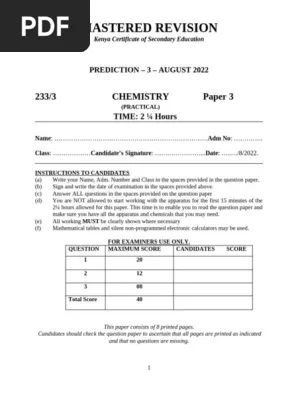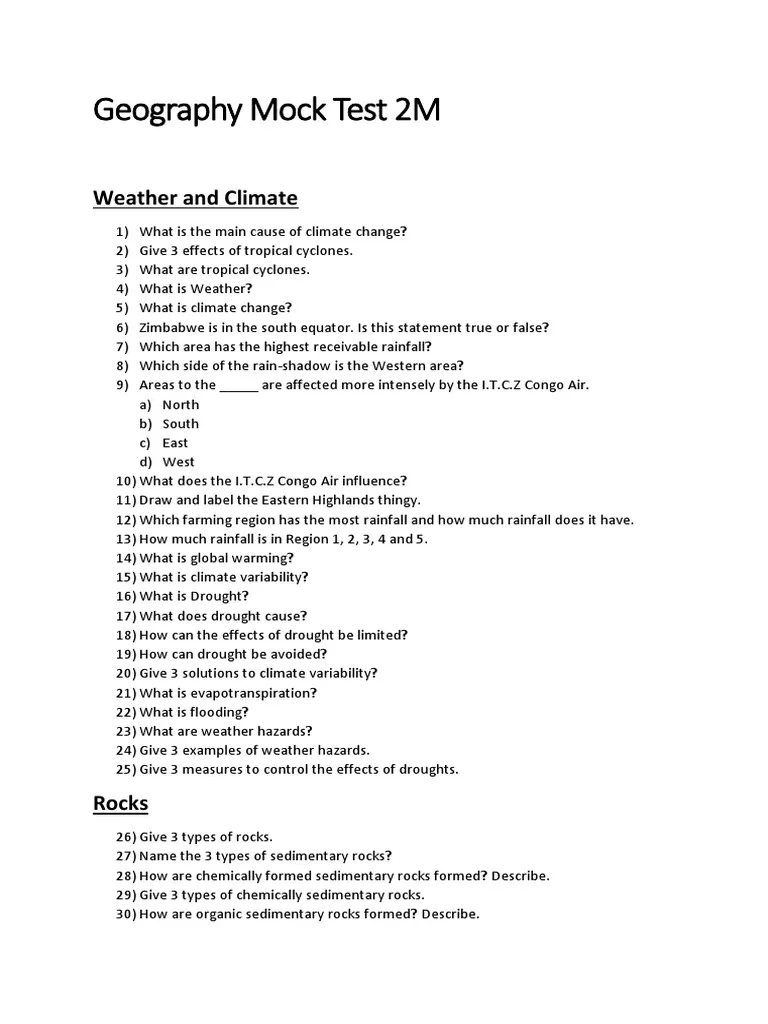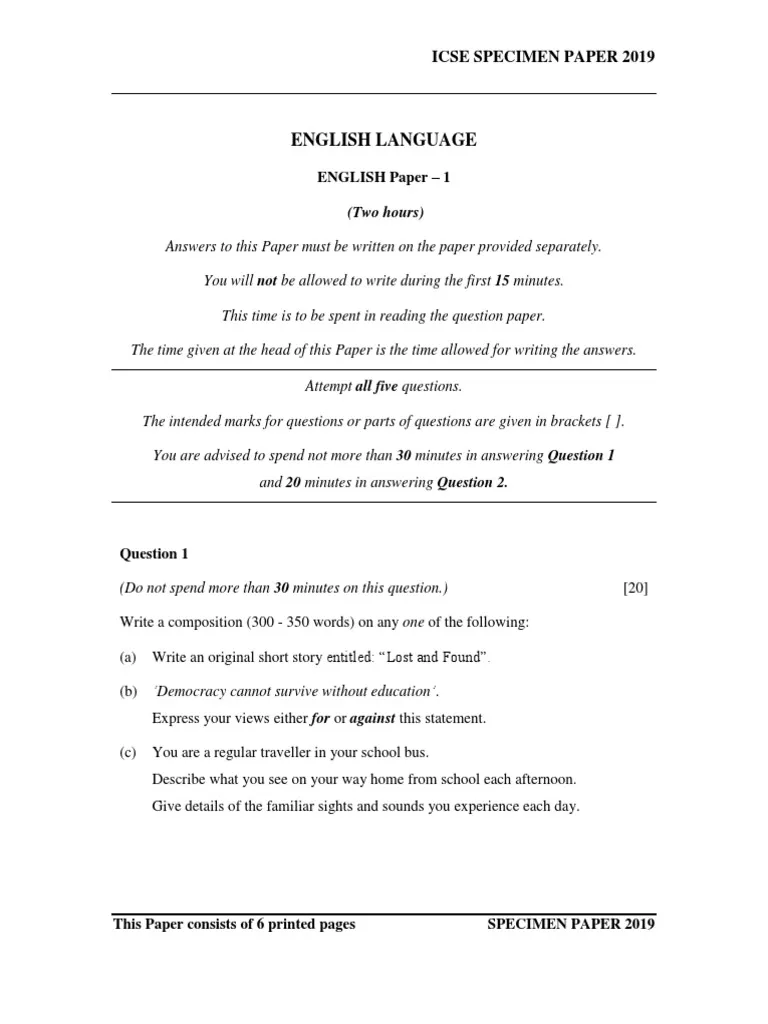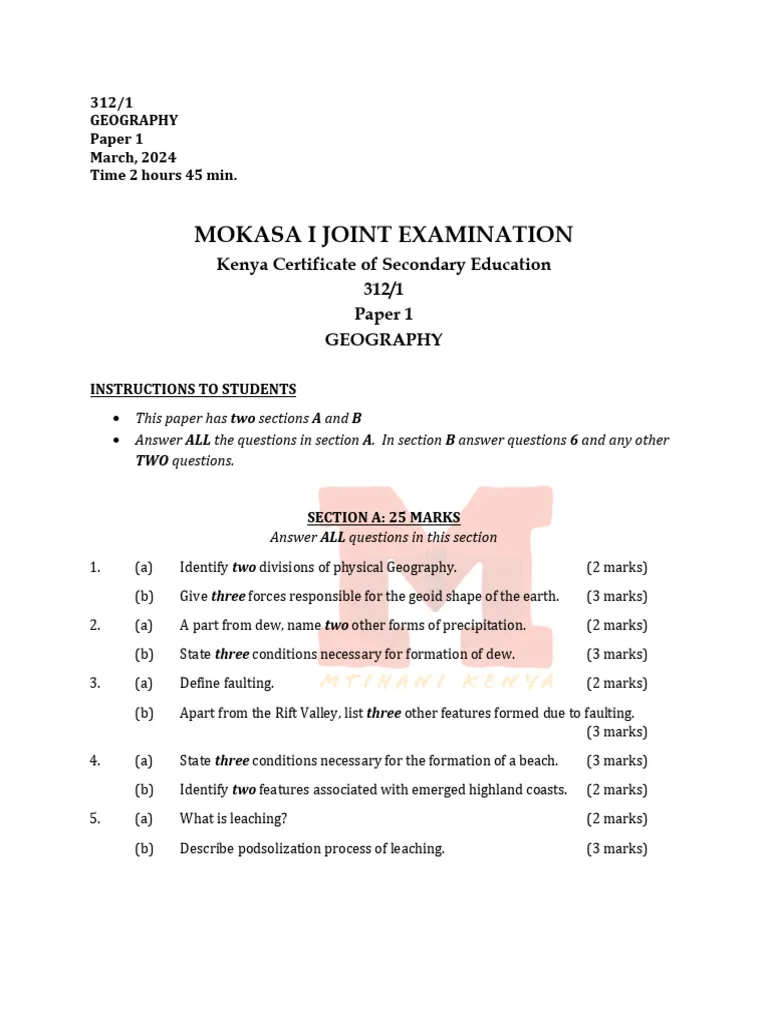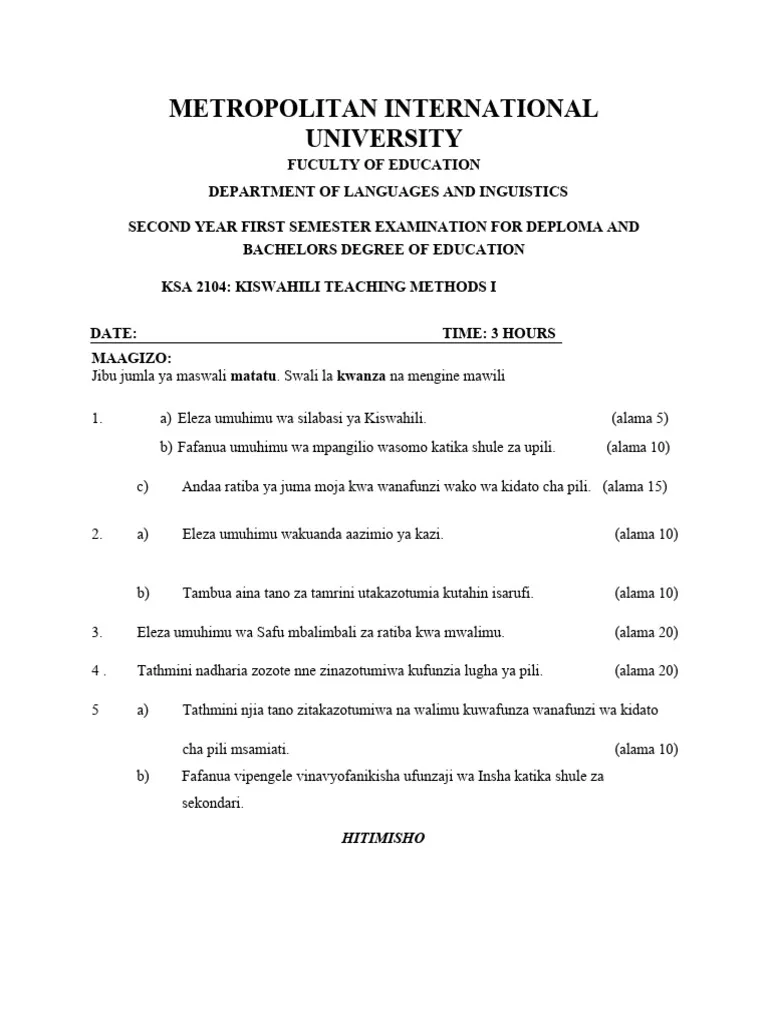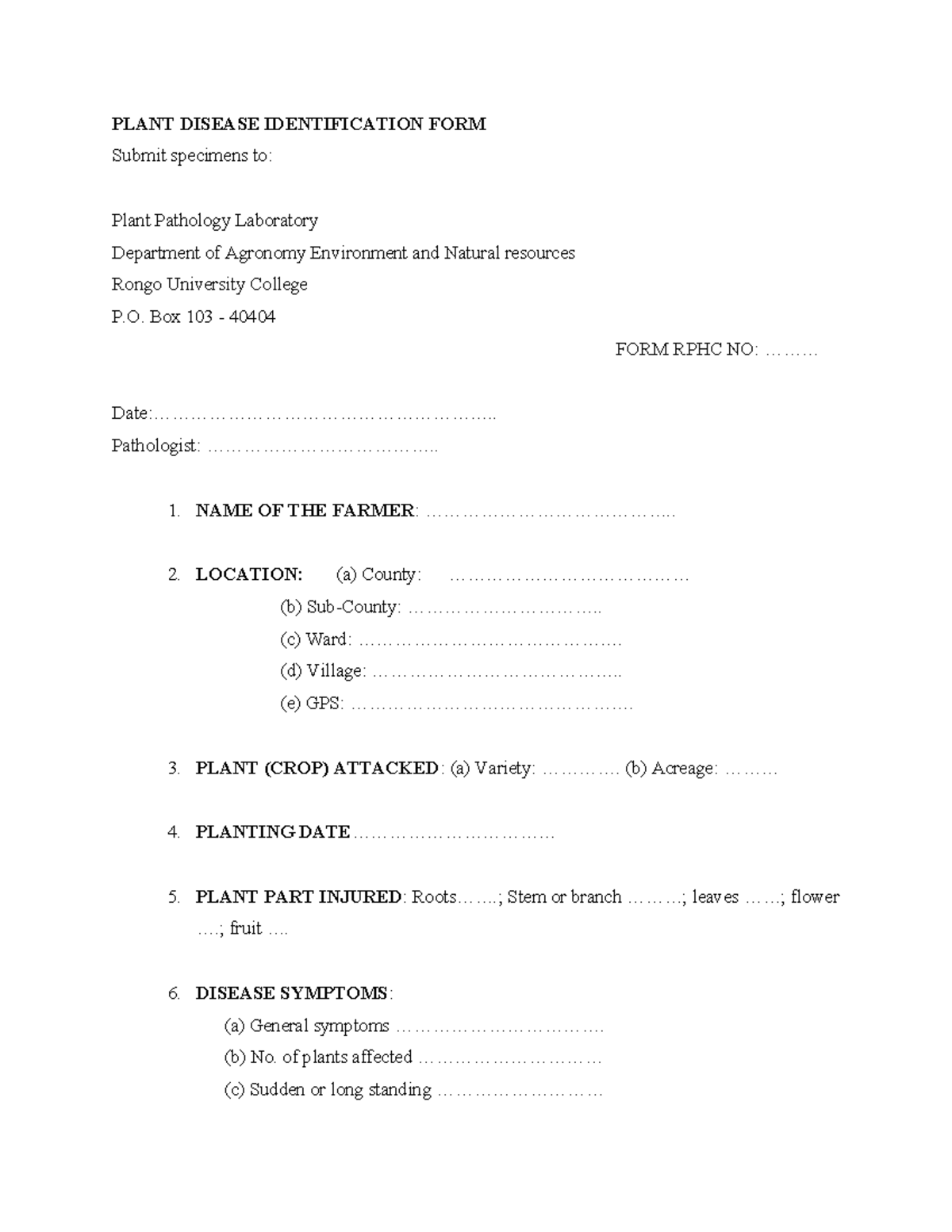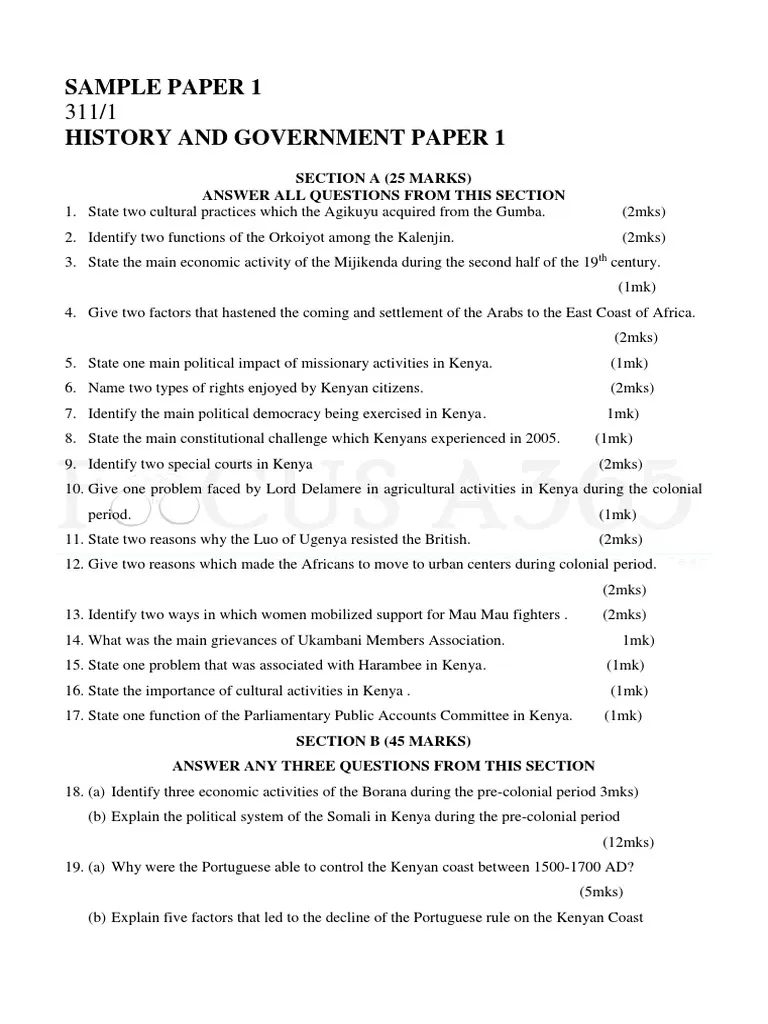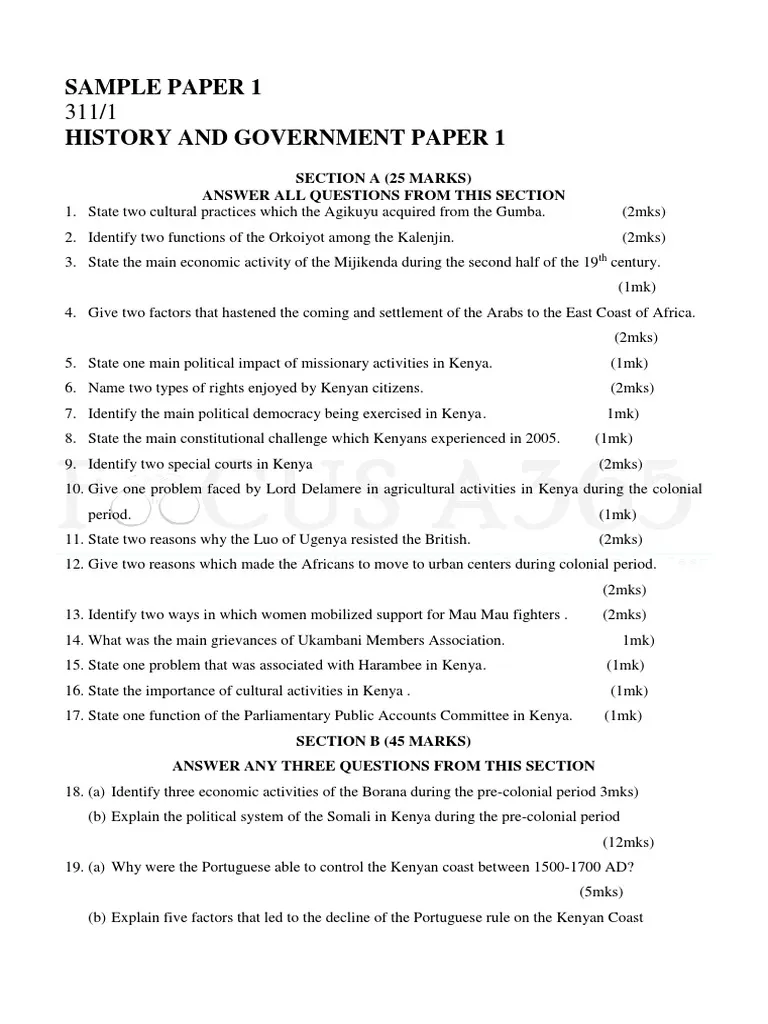Download Introduction To Physical Geography Exam Past Paper
What topics are covered in the Introduction to Physical Geography exam?
The exam typically addresses a variety of topics that explore the physical processes and systems that shape the Earth. Key areas include:
Download Link
Introduction-To-Physical-Geography-Exam-Past-Paper-Mpya-News
- Earth’s Structure and Composition: Examination of the Earth’s layers, including the crust, mantle, and core, and their characteristics.
- Plate Tectonics: Analysis of the theory of plate tectonics, including plate boundaries, earthquakes, and volcanic activity.
- Weather and Climate: Study of atmospheric processes, weather patterns, and climate zones, including factors that influence climate.
- Landforms and Topography: Exploration of different landforms created by erosion, weathering, and sedimentation processes.
- Ecosystems and Biomes: Discussion of various ecosystems, their components, and the relationship between organisms and their environments.
- Hydrology: Investigation of water cycles, including precipitation, evaporation, and the movement of water through different environments.
Why are past exam papers important for studying this subject?
Past exam papers are essential for several reasons:
- Familiarization with Exam Format: They help you understand the structure of the exam, including question types and expectations.
- Identifying Key Themes: Analyzing past papers can reveal frequently addressed topics and trends in physical geography, guiding your study priorities.
- Practice Application: They provide opportunities to apply theoretical knowledge to practical examples, enhancing your analytical skills.
- Confidence Building: Working through past questions can boost your confidence and reduce anxiety as you prepare for the exam.
Where can I find past exam papers for this subject?
You can access past exam papers through various resources:
- University Websites: Many universities maintain repositories of past papers available for student access.
- Academic Libraries: These often house archives of previous exams and related study materials.
- Online Educational Platforms: Websites specializing in educational resources may also provide access to past exam papers.
- Study Groups: Collaborating with peers can provide access to shared resources, including past papers.
What key topics should I focus on when studying?
When preparing for the exam, concentrate on the following key areas:
- Earth’s Physical Processes: Familiarize yourself with major physical processes that shape the Earth’s surface.
- Climate and Weather Patterns: Understand how atmospheric conditions influence weather and climate.
- Landform Development: Study the processes of erosion, deposition, and other factors that create various landforms.
- Ecosystem Interactions: Explore the relationships between different species and their physical environments.
How can I effectively use past exam papers in my studies?
To maximize the benefits of past exam papers, consider these strategies:
- Timed Practice: Simulate exam conditions by timing yourself while answering past questions to improve time management.
- Review and Reflection: After completing a past paper, critically review your answers to identify areas for improvement.
- Discussion with Peers: Engage in discussions with classmates or instructors to gain different perspectives on physical geography concepts.
- Create Study Guides: Compile common questions from past papers into study guides for quick reference and revision.
Is understanding physical geography important for students?
Yes, understanding this field is crucial for several reasons:
- Environmental Awareness: It fosters awareness of environmental issues and the physical processes that influence them.
- Critical Thinking: Engaging with physical geography enhances analytical skills in understanding complex Earth systems.
- Interdisciplinary Insight: Knowledge of physical geography is essential for various fields, including environmental science, urban planning, and geology.
Should I prioritize theoretical concepts or practical applications?
Both theoretical concepts and practical applications are essential:
- Theoretical Concepts: A solid grasp of theories provides a foundation for understanding physical geography.
- Practical Applications: Applying these theories to real-world scenarios enhances your problem-solving skills. Aim for a balanced approach in your studies.
Can studying past papers alone prepare me for the exam?
While past papers are a valuable resource, they should be complemented with broader reading and engagement with course materials. Explore textbooks, academic journals, and other educational resources for a well-rounded understanding of the subject. This comprehensive approach will optimize your exam
